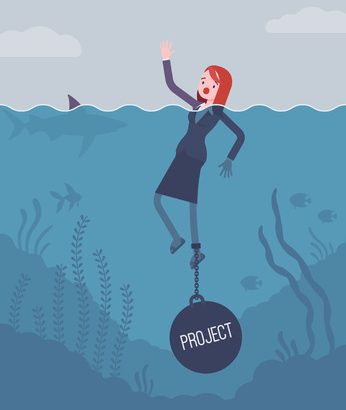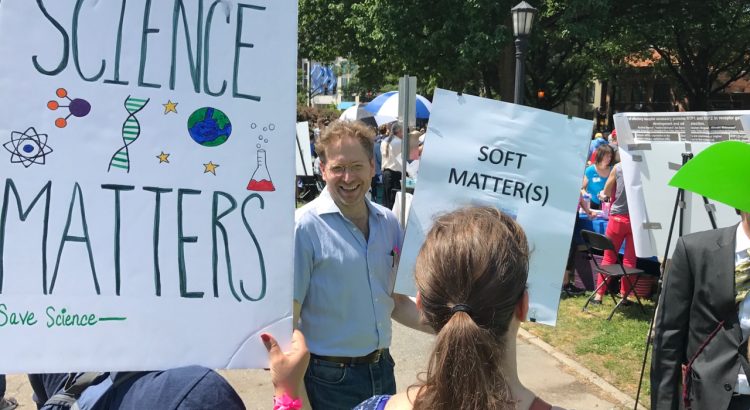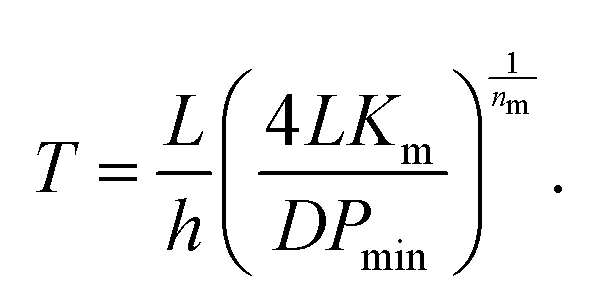Podcast: Play in new window | Download
Subscribe: Spotify | Email | TuneIn |
On May 2nd, NIH Director Francis Collins announced a plan to limit the total amount of grant funding awarded to an individual investigator or lab.
According to Collins, “the distribution of NIH grant funding is highly skewed, with 10 percent of NIH-funded investigators receiving over 40 percent of NIH funding.”
The funding proposal would limit an individual lab to the equivalent of 3 RO1-sized grants, and free up an additional 1600 funding opportunities that could go to early and mid-career scientists.
On June 8th, the plan was scrapped…
Addressing the 90%
This week on the show, we cover the contentious and somewhat confusing reversal of Collins’ plan to spur innovation by spreading around the money.
Did the plan change due to criticism from the labs with the deepest pockets? Or was there evidence to support the replacement plan that earmarks money for early-career scientists?
At the heart of this issue, we discuss whether basic research would benefit from a shift in investment strategy.
Do science and innovation advance faster when the ‘best’ labs get all the money, or is there value in making many smaller bets?
Tell us what YOU think in the comments below.
Everybeer
Some beers sing with complex aromas, malty bitterness, and just-right effervescence. And then there’s brown ales.
This week, we sampled the Legend Brown Ale from Legend Brewing in Richmond, VA. Don’t get me wrong, it’s a great beer. Very tasty. It just tastes like every other brown ale ever. If you sneakily replaced the contents of this bottle with some other brown ale, I promise no one would notice.
I don’t know whether that makes us beer snobs or beer newbies. Either way, we’re just counting down the days before we get back on our IPA kick…






